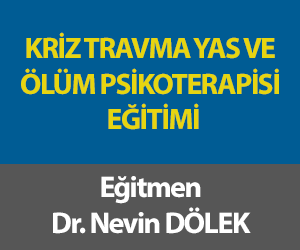New Technology Detects Early Memory Problems

Researchers from Emory University have developed an instrument that uses infrared eye tracking to detect mild cognitive impairment (MCI). Scientists hope the advanced technology will be helpful in predicting the onset of Alzheimer’s disease.
The test, which is featured in the current online issue of The American Journal of Alzheimer’s Disease and Other Dementias, is helping researchers further understand the role of the brain structures critical to human memory.
Individuals who have been diagnosed with MCI show memory loss but relatively preserved abilities in other cognitive areas. However, many individuals with MCI appear to be at a higher risk for developing other forms of dementia, including Alzheimer’s disease.
Accordingly, individuals with MCI play an important role in the development of research strategies that could lead to early diagnosis and possible prevention of such dementias.
To study the brain changes related to memory loss, Yerkes director and lead researcher Stuart Zola, Ph.D, developed an infrared eye-tracking test that involves showing individuals one image and then another after a several-second delay.
The researchers then repeat the test several minutes later. In doing so, they found patients with MCI spent less time looking at the new picture than control subjects.
“Someone without any impairment spends most of the time focusing on the new image because the person quickly recognizes the previously shown image,” says Zola.
In contrast, individuals with MCI show less interest in the new image because, as time passes, they may not remember seeing the original image. This is similar to individuals with Alzheimer’s disease, who will look at both images equally because they cannot remember seeing the first image,” Zola continues.
The results of the study indicate the possibility of detecting dementias much earlier than ever before.
By doing so, intervention can begin sooner, which offers hope for more effective treatment and, thus, encouraging outcomes. The researchers plan to follow up the study by tracking and observing study participants to determine whether they develop any forms of dementia.
Source: Emory University










Türkçe karakter kullanılmayan ve büyük harflerle yazılmış yorumlar onaylanmamaktadır.